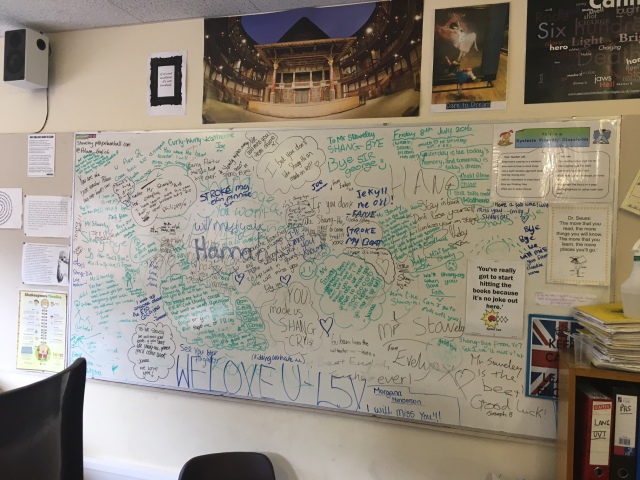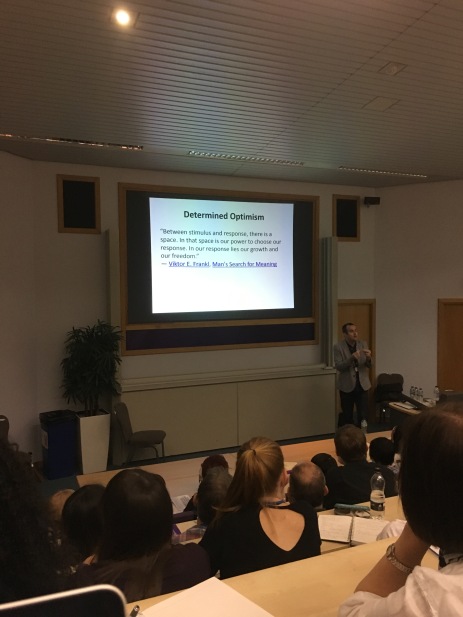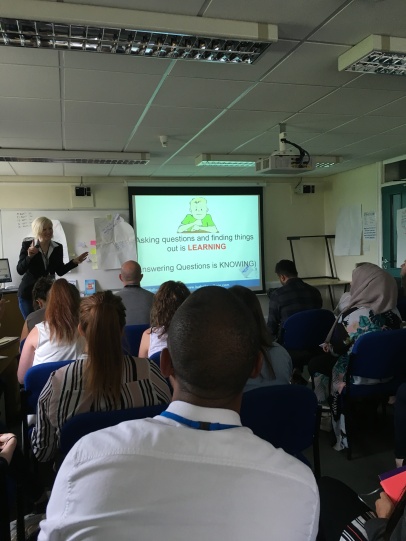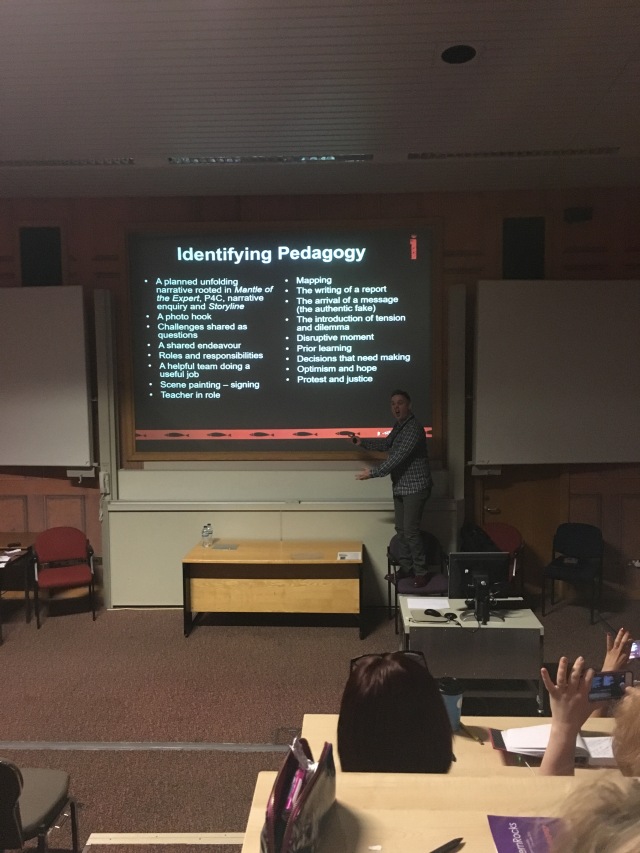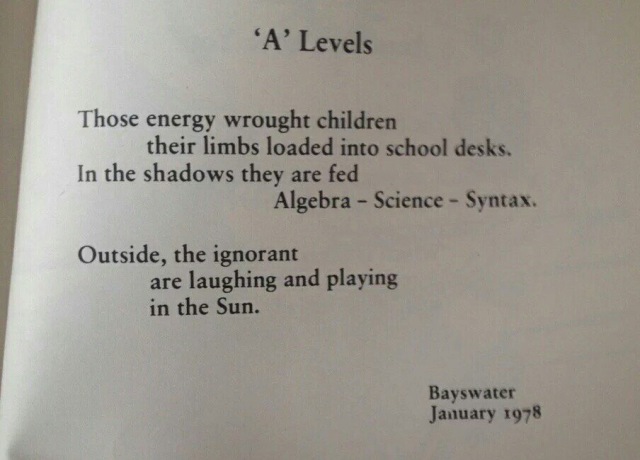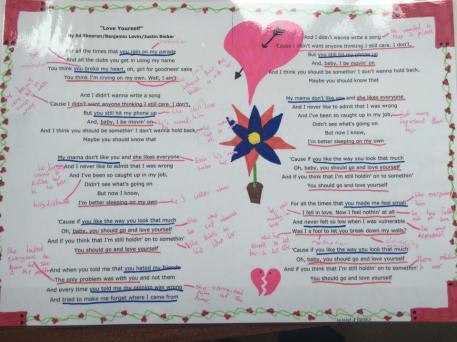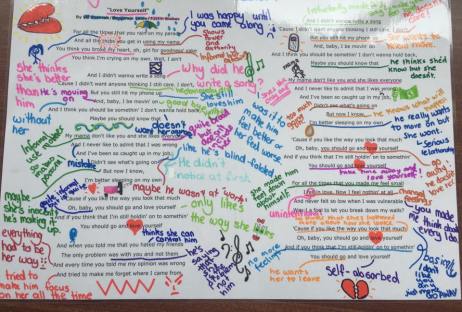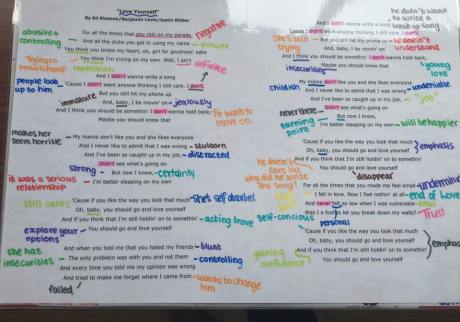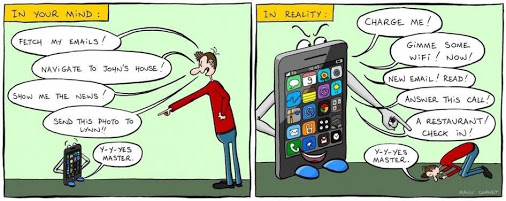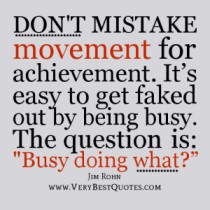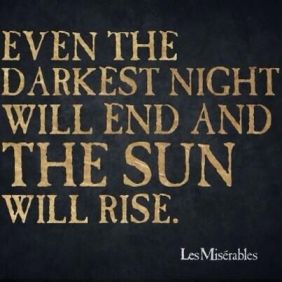Given that Sgt Pepper is 50 years old, I realised quite quickly that it was highly unlikely I’d be the only person to write an article or a blog with this title. In fact, a quick Google suggests that 224,000,000 people have already beaten me to it, so I’m fully aware that it’s not very original. But still, here I go anyway…
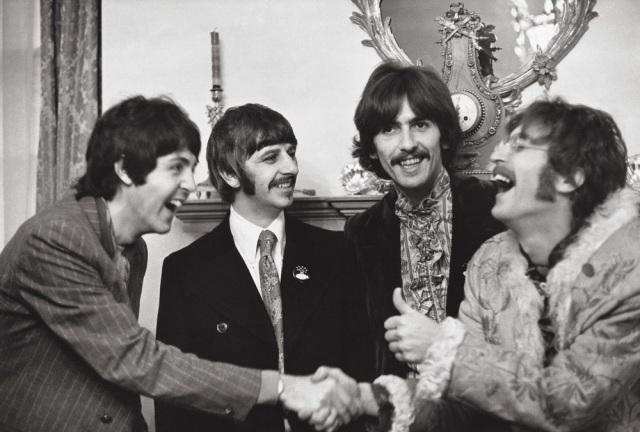
‘Sgt Pepper’s Lonely Hearts Club Band’ seems to be more than just an album. It’s a legend, and has taken on mythical status since its release in 1967. Hearing Paul McCartney tell the story of its inception has taken on the feel of a fireside chat from a slightly doddery old relative and the critical fanfare that continually accompanies its name can get a bit grating, especially as I still recall it being voted the worst record ever made in 1998 by the (presumably incomparably stupid) readers of ‘Melody Maker’. Bill Drummond once said it was ‘the worst thing that ever happened to music’. Again, given that 1967 was also the year that David Bowie released ‘The Laughing Gnome’, I don’t think you have to look too far to find something worse. Now that The Beatles are retro-trendy again, it seems that people will fall over themselves trying to put ‘Sgt Pepper’ back on its pedestal. Hearing a pop album (even a good one) described as “a central pillar of the mythology and iconography of the late ’60s” doesn’t sit particularly well with me. At any rate, and for whatever reason, the album has continued to fascinate and divide people ever since its arrival just in time for the Summer of Love™. So much so that in honour of its 50th anniversary the remixed, remastered, reformatted and rejuvenated version of ‘Sgt Pepper’s Lonely Hearts Club Band’ was released this weekend, and as a Beatle nerd I was very keen to give it a listen. So, what’s it like?
It’s extraordinary.
Even from the orchestral warm up, you can hear the difference in quality, and it’s magnificent. Amidst the psychedelic reputation of the album, it’s easy to forget that the title track is a genuine, no-nonsense rock song. The guitars crunch, the bass booms and the drums thunder and snarl like beasts on a tight leash. It’s an astonishing start to the record, and the way that Giles Martin has brought it to life reminds us just how good The Beatles were at what they did: making music. It also reminds us that before he took on the role as official Beatles mythologist and Uncle Thumbs-a-lot, Paul McCartney was a legitimately legitimate rock star. His vocal delivery here is stunning, and powerful without pretension. All this we already knew, of course, but there is a crystal clarity to this new edition that makes it sound as though it was recorded yesterday. ‘Sgt Pepper’ is an album that was always revered for its sonic advances, but the truth is that the mono mix and the CD issue always made certain tracks swampy and muggy. The title track and Lennon’s messy ‘Good Morning, Good Morning’ were always particularly affected by this; but worry no more – they are polished to a shine here and it makes for wonderful listening. The energy coming off the band in the opening tracks is palpable and beautiful in equal measure. The crystal clarity of the sound doesn’t ever drop; Giles Martin learned how to mix The Beatles at the knee of his father, and his work on ‘Love’ showed that he understands the nuance and ethos of their music perfectly. If you are already a fan of ‘Sgt Pepper’, I cannot recommend this version of it enough. I read a review in which this remix was described as ‘the definitive version of the defining work of the biggest band in history’. It’s hard to argue with the opening of that quote, for sure, but for those who haven’t heard the album before – is it The Beatles’ defining work?
Well…
One of the big issues with this album is that it doesn’t really belong to The Beatles. George Harrison is almost conspicuous by his absence (although, in true George style, when he does chime in, he doesn’t waste a note) and Ringo Starr famously took a back seat for the sessions, claiming he used them to learn chess – a characteristic understating of his contributions, which are considerable. John Lennon, meanwhile later said he was going through a ‘personal hell’ and famously sniped that McCartney had rung him up, ordered him to write a few songs, and forced the band into the studio before they were ready. That’s not atypical of Lennon’s ‘blitzkrieg’ approach to his memories of the band in the early 70s, nor (I suspect) is it entirely an inaccurate portrayal of McCartney’s approach to the album, but at any rate, Lennon is relegated either by choice or force to a lower spot on the podium than his co-writer and friend. No, this album doesn’t really belong to The Beatles – it belongs to Paul McCartney.
McCartney brought three main gifts to The Beatles. His gift for melody, his bass playing and his unflappable enthusiasm in the face of Lennon’s natural cynicism and laziness. Equally dictatorial, myopic, and child-like in his ambition, McCartney sometimes badly misjudged projects – none more disastrously than the ‘people-say-it’s-not-as-bad-as-all-that-but-actually-it-is-just-as-bad-as-that’ film of ‘Magical Mystery Tour’ – but (and it is hard to remember this, sometimes given how he has presented himself in the years since) he was also one of the major players of London’s art scene in the most culturally active and revolutionary decade of the 20th century. He was also a genuinely, perhaps preternaturally, talented songwriter. He may not always have had the poetic depth of Lennon (although the chasm between the two is often wildly overestimated) but he could put a pop song together as well as anyone ever has. His work here is no exception, and while there are plenty of lightweight but beautiful moments in songs like ‘Getting Better’ and ‘Fixing a Hole’, both of which brim with that unique mix of poppy optimism and introspective chirp, there is also the quietly brilliant ‘She’s Leaving Home’, one of McCartney’s best, which takes on an entirely new vulnerability in this edition. ‘Lovely Rita’ and ‘When I’m 64’ are fillers for sure, but carry enough musicality to hold their own, the clarinet arrangement on the latter taking on even more jaunty vaudevillian intricacy in this new mix. Where other songs fail to match his melodic genius, McCartney takes to his bass to fill the void. Even John Lennon couldn’t hide his admiration for McCartney’s bass playing, and it is showcased to full effect on this album. Bolstered by a new Rickenbacker bass, and the chance to plug it directly into the desk and mess about to his heart’s content without the time constraints he’d been used to earlier in his career, McCartney dextrously helped to redefine the role of ‘bass player in a rock band’ in the mid 1960s. But he wasn’t the only Beatle who helped to reimagine a previously little-respected role in a band.
Anyone who still doubted Ringo Starr’s uncanny ability to use the drums as a musically narrative tool better than any of his contemporaries after his fantastic showing on ‘Revolver’ should have their doubts well and truly put to bed after these 40 minutes. The drum parts, in keeping with Ringo’s style throughout almost all of his Beatles tenure, are not technically daunting, and demand no superhuman dexterity on the part of the player. But the musicality and sensitivity of the drum parts speaks volumes for the quiet genius of the man who came up with them. His vocal on ‘With a Little Help from My Friends’, designed specifically by Lennon and McCartney to cover no more than 5 notes, is heartfelt and endearingly delivered. Perhaps more than any other album, ‘Sgt Pepper’ reveals everything you need to know about why Ringo has been such an enduringly popular quarter of the biggest band on earth.
As for the songs themselves, they are not the band’s best, either individually or collectively. Lennon’s songs occasionally show glimpses of his brilliance (the time signatures on ‘Good Morning Good Morning’ alone are terrifyingly complex, even if the lyrics are starkly not) but by his own admission, he sleepwalked through his contributions here. The standout moment of poetry on the album is the hypnotically gorgeous ‘Lucy in the Sky with Diamonds’, but all the remixing in the world can’t make the chorus any less drab, and ‘Being for the Benefit of Mr Kite!’, while undoubtedly an interesting pet project, is only saved by George Martin’s wizardry. ‘Within You, Without You’, George Harrison’s only contribution is, in some ways, the best song of the collection, in that it’s the most ambitious and far-removed from any other Beatle song on there, but of course it’s also not a Beatles song in that only Harrison played on it.
The album ends, of course, with ‘A Day in the Life’. People seem to adore this song. It was voted by Rolling Stone magazine as the greatest Beatles song, and the 28th greatest song of all time in polls, and described as ‘perhaps one of the most important single tracks in the history of rock music’ by John Covach. Personally, I’ve never liked it all that much. It strikes me as a happy accident, born of unfinished songs, a massive orchestra, lots of spare time and heavy recreational drug use. I don’t think it’s the best song on ‘Sgt Pepper’, let alone the best thing the Beatles ever recorded, although there’s no doubting that the sheer scale and ambition of the thing left a huge impact on the music scene. Like so many other moments on the album though, despite its obvious flaws and the fact that the sheer pomp and circumstance of it all seems to have pulled the wool over people’s eyes when it comes to quality, it fits perfectly in its place and it all seems to make perfect sense. Somehow its various elements combine into a perfect encapsulation of the whole album. George is hardly there, Ringo’s drumming is astounding, Lennon’s dreary and lazy vocal is swamped in echo and disregard, describing a man locked in his own home, gleaning bits of insignificant titbits from the news, while McCartney is a man of action, cutting through the psychedelia and managing to sound almost inhumanly chirpy even in the midst of his early morning routine. The final orchestral rush – always admirable even in the original mono mix – is quite spectacular here. The idea of taking a full symphony orchestra and simply asking them to make their own way to a top E in 22 bars was completely unheard of in 1967, and yet here were (as Ringo once concisely described them) ‘four shit-kickers from Liverpool’ joyously throwing caution to the wind. It may be messy, but it’s absolutely beautiful.
So ‘Sgt Pepper’ is a complex beast. ‘Revolver’s’ songs are much better pieces of art, ‘Abbey Road’s’ medley makes it a much more cohesive concept album, ‘Rubber Soul’ has more heart in its key moments, and ‘A Hard Day’s Night’ has the band playing more tightly and as a closer unit. Despite that, ‘Sgt Pepper’ is frequently voted the best album the band ever made, and despite everything I’ve written here about its gaping flaws and massively over-inflated legacy, it’s hard to disagree when listening to this remix. There is, just as with the band itself, something intangibly magical about it. If you’ve heard it before, listen to it again – it’s an entirely new experience. If you’ve never heard it before, why not try it out? A splendid time is guaranteed for all.



